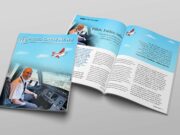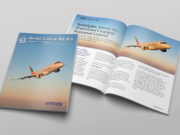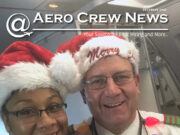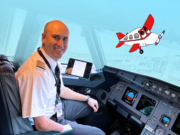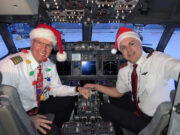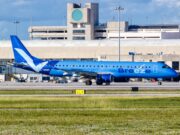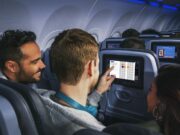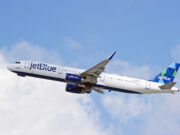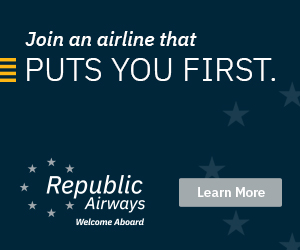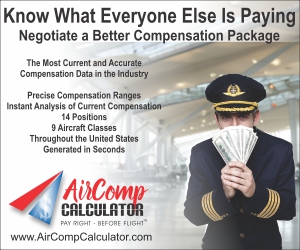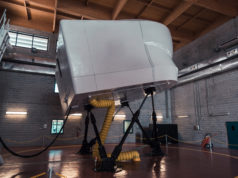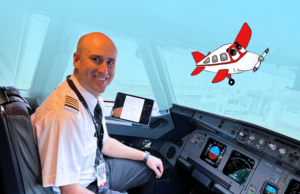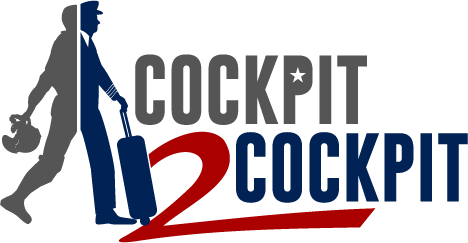
If you ask anyone who has read Cockpit to Cockpit (www.cockpit2cockpit.com), they will tell you one of my recurring themes throughout the book is “getting a job is a full-time job.” Your success in career transition is directly proportional to the amount of effort you put into it. Early in the book I discuss some of the reasons why the airlines love to hire military pilots, but many military pilots in transition make the mistake of thinking that their aviation experience alone will get them hired at a major airline. Many of us (myself included) quickly discovered in transition that flight hours/experience are just a small part of the total equation that translates to an interview invite and getting hired at a major airline.
Despite the talk of current or impending pilot shortages, the major airlines still have thousands of qualified applicants to choose from. There is still a lot of competition out there from both your military peers, and pilots from the civilian world. Getting an airline to notice you still takes hard work, patience, and a positive “all-in” attitude.
Additionally, we each bring different assets to the fight. Not everybody was a 4,000 flight hours squadron commander, an Instructor Pilot, a NATOPS or Stan/Eval Flight Examiner, a Wing Chief of Safety, etc. That doesn’t mean you won’t get an interview invite, it just means you may need to work a little harder than other pilots to add some points to your application/résumé score to help get yourself noticed.
So what can you do to help separate yourself from the herd? In Chapter 7 of Cockpit to Cockpit, I discuss many things you can do to help increase your chances of getting an interview invite. Some of these actions may seem unnecessary to you at the beginning of your transition process, however, by going the extra mile, you are communicating to the airlines that you are a proactive, “all-in” kind of pilot and that’s exactly who they want to hire. They want to hire productive pilots because they know that pilots who go the extra-mile are also pilots who don’t tend to call in sick just because they don’t feel like working. In this article, I will summarize some of the helpful hints contained in Cockpit to Cockpit. The thing to remember about this advice is that while doing these things is not a guaranteed ticket to a conditional job offer (CJO), following this advice will certainly not hurt your chances. So if it may help, and it definitely won’t hurt….why not give yourself every advantage right?
Before I discuss some of the things you can do to increase your chances of landing an airline pilot interview, there is another component to the philosophy of getting a job is a full-time job that I want to touch on and that is the psychological factor. The psychological element and stress of career transition can play a very real factor in your job search.
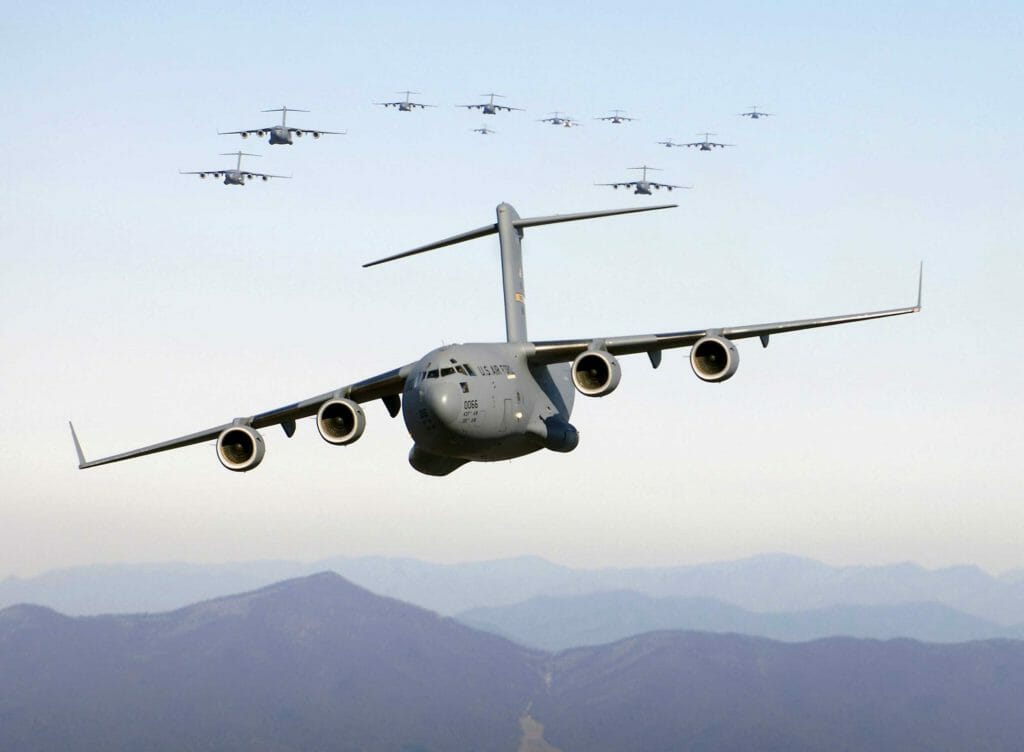
Everyone’s circumstances are different but generally speaking, many military pilots will experience some financial stress in their transition. Pilots who retire from the military at least have their retirement pay to help them through; but even in that case, you just had your monthly income cut in half. Unless you have done some serious savings (intended to be used for your transition), you will likely have some degree of “pucker factor” while waiting for that all-important interview invite.
Pilots who separate after their initial active duty service commitment may feel it even more. For the active-duty pilots, I equate this leap of faith to being a kid playing on the monkey bars at the playground. You never want to let go with one hand until you have the next bar firmly in your grasp. It’s a scary feeling to know your last active-duty paycheck is about to be delivered and you have not received a call yet from any airline.
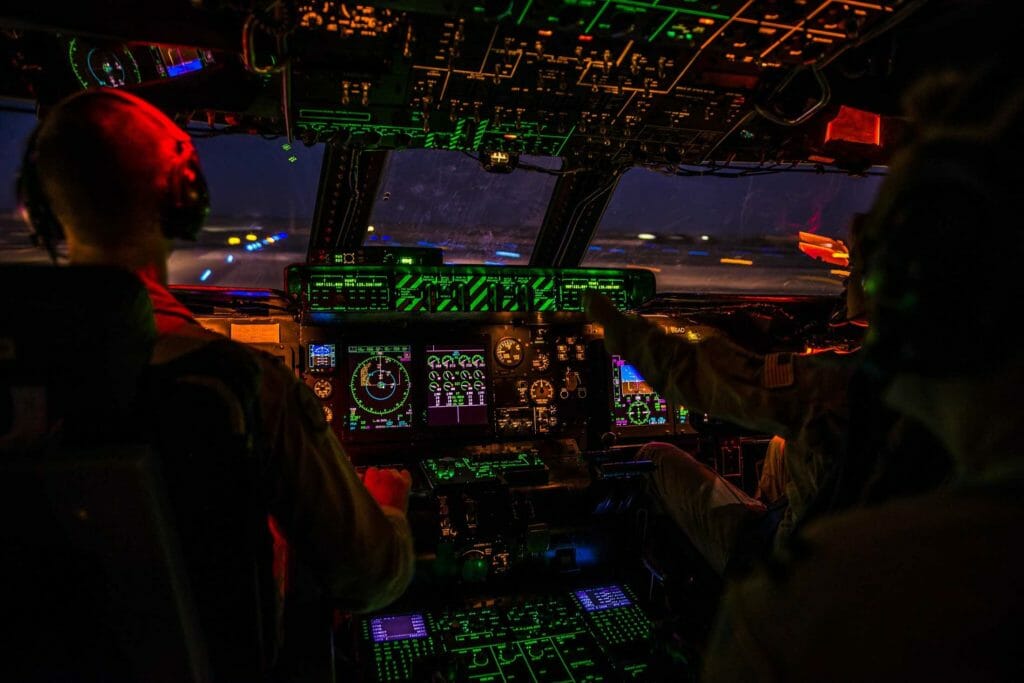
If you’re planning to transition to the Guard/Reserve component, hopefully you can get hired by your new unit before you have to separate from active-duty. That provides some degree of financial cushion. But what if the timing doesn’t work out? Now you have two job searches on your hands, an airline job search and a Guard/Reserve unit search. Talk about stressful huh?
Guard/Reserve babies have a couple years of full-time to get some flying experience. Then the rug gets pulled out from under them as they become traditional part-timers and have to find a civilian job. Hopefully their unit can let them “trough” for a period of time while they seek gainful civilian employment, but there’s no guarantee as those extra man-days are tied to the budget.
Any of the above can be a very stressful experience depending on your budget concerns and family situation. In the best case you’ll be watching your savings dwindle. In the worst case, you’ll have to go into “lock down” mode as you and your family seriously adjust your standard of living and discretionary spending.
In addition to the financial stress, in many cases there is also the frustration and self-confidence shaking experience of watching your peers get interviews while your phone still isn’t ringing. It can seem quite random as to why he/she got an interview invite before you did. You want to be happy for them but it’s tough when your transition is still in limbo. Your perception may be that you are far more qualified than some of these other pilots who are getting calls and that can be demoralizing, leading to feelings of self-doubt and frustration. The reality of why some get calls before others is a different topic for a different day, and I don’t profess to have all the answers, but know that using the techniques in this article in addition to following the advice provided in Cockpit to Cockpit should help level the playing field.
Another advantage to the philosophy that getting a job is a full-time job, is that it can be used as a coping mechanism to help combat the negative psychological stressors mentioned above. By staying actively engaged in your job search and going the extra mile, it helps you feel more in control of your destiny. Knowing that you are doing something every day to help move the ball forward toward the goal line will keep your mind off the negative feelings of frustration, self-doubt, and depression. But the techniques I’m about to present aren’t just mental exercises in self-esteem, these are time-proven techniques used to improve your application score and therefore improve your chances of getting the interview call. So, enough psychobabble, let’s get down to business and talk about some things you can do to land that dream job with your top airline choices.
1. Letters of Recommendation: The first technique is to get more “quality” letters of recommendation (LORs) attached to your application. What do I mean by “quality” LORs? Generally speaking, the best LORs to get are from people within the company you are applying to (i.e., internal recommendations), who know you very well and have flown with you often. They should be able to speak to not only your flying skills, but also your work ethic and personality on duty and off duty. I would give an LOR that meets all the aforementioned criteria a score of ten on a scale of one to ten, ten being the best. That doesn’t mean that you should turn down a recommendation letter from someone within the company you are applying to who doesn’t know you all that well. An LOR with a quality score of three is better than no LOR at all.
Some airlines are bigger on this than others in terms of how many letters you need. There is no magic number, but in general I would say to strive for at least five LORs for each company you apply to. While I’m on the topic, please allow me to use this platform to correct some now outdated advice contained in Cockpit to Cockpit. In Chapter 5, I talked about United Airlines wanting more LORs and especially more internal LORs than most other airlines. They have since changed their policy. Mr. Bill Kennedy, the senior manager for pilot hiring at United Airlines stated at the recent 2017 Women in Aviation International conference, that four quality LORs (internal or external makes no difference) will maximize the application points available for LORs. Look for this, and many other updates coming soon in Cockpit to Cockpit, 2nd edition.
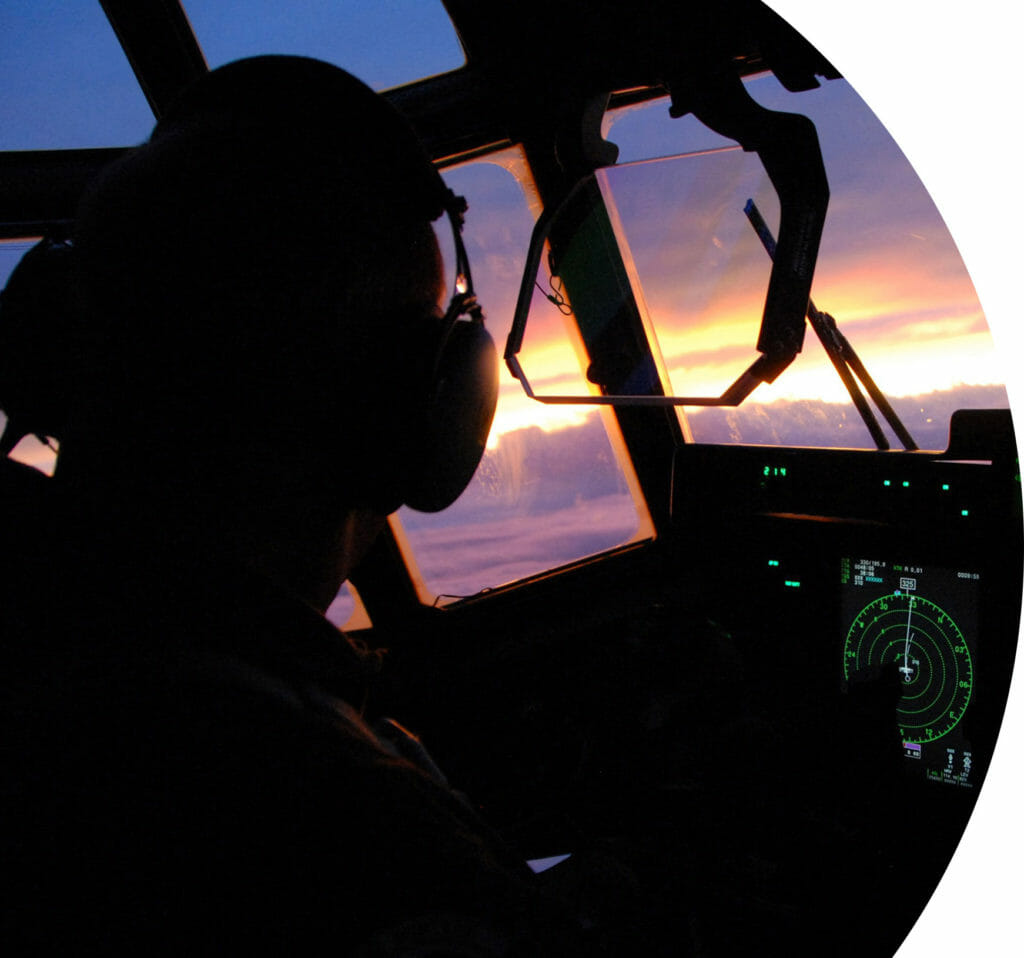
2. Check More Boxes on Your Application: Check as many boxes as possible on your application. Each box you can check will add more points to your application score (except the “Any DUIs?” box…that probably won’t win you any points). Some may not seem like they apply to you, but they do. For instance, the certificates-and-ratings section of the application may ask if you have an English Proficiency associated with your ATP. Of course you do; it says so right on the back of your license. There may be a question on the application that asks if you have ever been a check airman. If you have been an evaluator in your aircraft, then answer yes! Obviously you don’t want to lie about anything, but if you can easily defend why you checked a box on your application during the interview, then by all means check that box! It’s better to be sitting in the interview explaining why you checked the box than to not be at the interview at all, right?
There are also a lot of boxes you can check by getting certain civilian flight ratings via the FAA Military Competency test. Even if you never plan to do any civilian flight instructing, if you have ever been an instructor in a military aircraft, then you might as well get your CFII certificate just by taking the FAA Military Competency exam. You can search http://www.faa.gov for additional information.
Another easy square to fill on an airline application is the tail-wheel endorsement. You can go to just about any local airport and get a tail-wheel endorsement added to your logbook with as few as three to five hours of flight instruction. Remember, every square you fill adds points to your application.
3. Attend Some Job Fairs: The industry is rapidly changing, so this is another area where some of the advice in Cockpit to Cockpit has become outdated. In the book, I stated that airlines you meet with at a job fair will add points to your application score for attending the job fair. That’s no longer true of all airlines. Some of the legacy airlines have recently stated that job fairs are informational only and don’t add any points. So you might be thinking, “Why should I waste my hard-earned money to attend a job fair if it won’t improve my application score?” In my opinion, job fairs are still a very valuable resource to help you get an interview and to help keep your head in the game.
Even if they won’t add points to your application, when you meet with an airline recruiter and hand them your one page résumé (that’s a foot stomper right there), as you’re speaking with them you will see them circling various items and making notes on your résumé. Why do you think they are doing that? They are doing that because after you leave, your résumé is going into one of two piles. The first pile is the “impressive candidate” pile and the other pile is the “did not impress me” pile. Your goal (following the techniques you learned in Cockpit to Cockpit) is to knock their socks off so you end up in the “impressive” pile. The recruiter is going to take the “impressive” pile back to the airline (you can guess where the “did not impress” pile is going to end up) and have HR pull your application and score it to see if you meet their minimum score to earn an interview invite. Now was it worth spending that money to attend the job fair? I would think so.
I understand that the big pilot job fairs including Women in Aviation International (WAI), Organization of Black Professional Aviators (OBAP), and National Gay Pilots Association (NGPA) can be very expensive to attend. Consider it an investment in your future in a career where you stand to make multiple millions of dollars by the time you retire. Additionally, it seems as though 2017 will be the last year that at least the Big Four (American, Delta, Southwest, and United) will be meeting with pilot candidates at these events. The trend for the foreseeable future seems to be invite-only, in-house pilot hiring events at each company headquarters. Therefore, the only costs associated will be your travel costs.
The other reason to attend job fairs, especially if you have already retired/separated and have not been hired yet, is to combat the negative psychological stressors we talked about earlier. By staying actively engaged in your job search you are staying in control of your own destiny and moving the ball further toward the goal line. You will learn great techniques to help you succeed in your career transition and you never know whom you will meet at these events. Remember, getting a job is a full-time job!
4. Update Your Application and Résumé Frequently: This one falls squarely in the “rumor” category, and I don’t claim to have any hard data to back this up, but it stands to reason that the more often you update your application and résumé, the better. Not all airline websites will allow you to make changes after initial submission, but if you can make updates, you should do so frequently. For one thing, it makes sense to me that in this digital age, the longer an application sits dormant, the more likely it is to get kicked out of the system to make room for fresh applications.
Another reason for frequent updates is that you have the opportunity to improve your application score. As you build more flight time, gain new duty titles, garner new awards, and so on, you obviously want to add those things to enhance your application.
So here is the rumor part. I have heard from various sources that airlines track how often you update your application and résumé as a measure of your work ethic and how motivated you are to work there. Some of my friends swear that they didn’t get an interview invite until they started making several updates per week. I don’t know how true that is, but it can’t hurt, right?
If you are actively flying, that’s an easy place to make updates to your application or résumé; flying hours. If you aren’t actively flying, it may not be quite as easy to find things to update. Just go in there and change “happy” to “glad” periodically so the computer system will register a login and update. Making updates daily would be best, but that may not be realistic. I recommend making biweekly updates at a minimum.
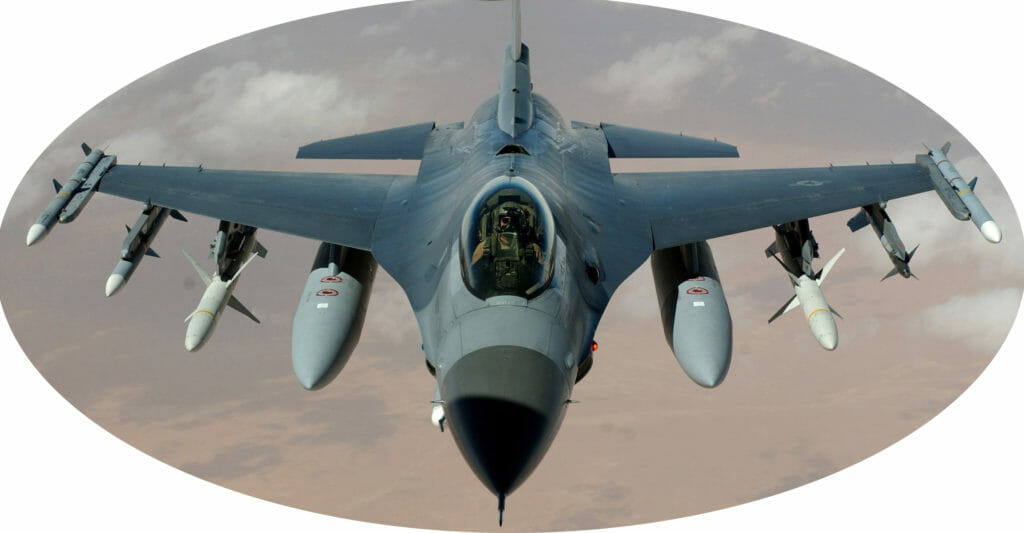
5. Volunteer Work / Community Service: A great technique to differentiate yourself from other candidates is to get involved in some volunteer work. We all have a cause that we care about, so this is a win-win-win for you, your community, and the airlines you’re applying to. You get to donate your personal time, training, and resources to a good cause while enhancing your résumé/application at the same time. If you can show that you enjoy doing things that are not just about yourself, things that give back to the community, or that you are passionate about a good cause or volunteering with your church, mosque, synagogue, and so on, it indicates to the airlines that you are a person of high moral character. Additionally, it shows the airline that you are more than just a pilot, you’re a person with whom other pilots might enjoy spending a 3-4 day trip. This will definitely help you stand out from other applicants. Two airlines in particular that I know are huge on this are Southwest and JetBlue, and I suspect most of the other major airlines like to see it also.
If you are passionate about aerospace education, you might consider joining Young Eagles or Civil Air Patrol. If you love animals, volunteer with the Humane Society. Maybe helping those who are less fortunate is your calling in which case you could volunteer with the Salvation Army or any number of food banks, or homeless shelters. Speaking of homeless, why not help build some homes with Habitat for Humanity? These are just a few of literally thousands of volunteer opportunities available out there. Giving back will make you feel good about yourself and give you some great bullets for the résumé/application … not to mention some great interview stories you can tell given the right set-up question.
For some pilots, the military to airline transition goes seamlessly and they never even miss a paycheck in between, while for others it’s a financial, and mental struggle that can last for many months. Again, the “why him/her and not me” is a different article for a different day. The big takeaway here is that you can expect the results of your career transition to be a direct reflection of the amount of preparation and effort you put into it. Some of you may be putting a ton of effort in already and still not be seeing any results. Don’t give up! By adopting the philosophy that getting a job is a full-time job, you will learn to turn those negative mental stressors into productivity that will produce results. Keep moving the ball forward every day! When you finally get the interview invite that results in a CJO, you will look back on your efforts with pride and know that they were all worth every ounce of blood, sweat and tears (hopefully mostly just sweat and tears). The advice in this article is just a small sample of the techniques and information contained in Cockpit to Cockpit. For more information, visit www.cockpit2cockpit.com.


